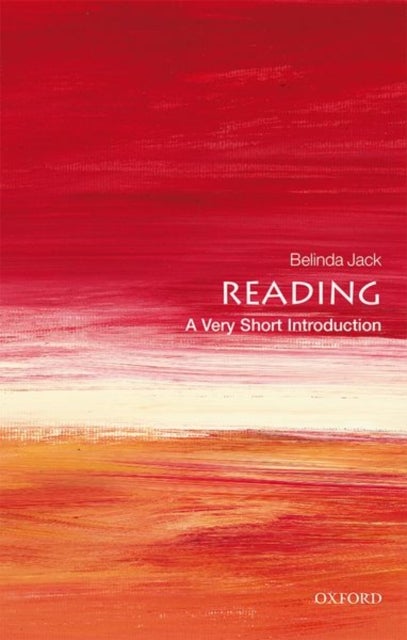
Reading: A Very Short Introduction av Belinda (Fellow and Tutor Christ Church Oxford) Jack
169,-
Today many people take reading for granted, but we remain some way off from attaining literacy for the global human population. And whilst we think we know what reading is, it remains in many ways a mysterious process, or set of processes. The effects of reading are myriad: it can be informative, distracting, moving, erotically arousing, politically motivating, spiritual, and much, much more. At different times and in different places reading means different things. In this Very Short Introduction Belinda Jack explores the fascinating history of literacy, and the opportunities reading opens. For much of human history reading was the preserve of the elite, and most reading meant being read to. Innovations in printing, paper-making, and transport, combined with the rise of public education from the late eighteenth century on, brought a dramatic rise in literacy in many parts of the world. Established links between a nation''s levels ofliteracy and its economy led to the promotion of read








